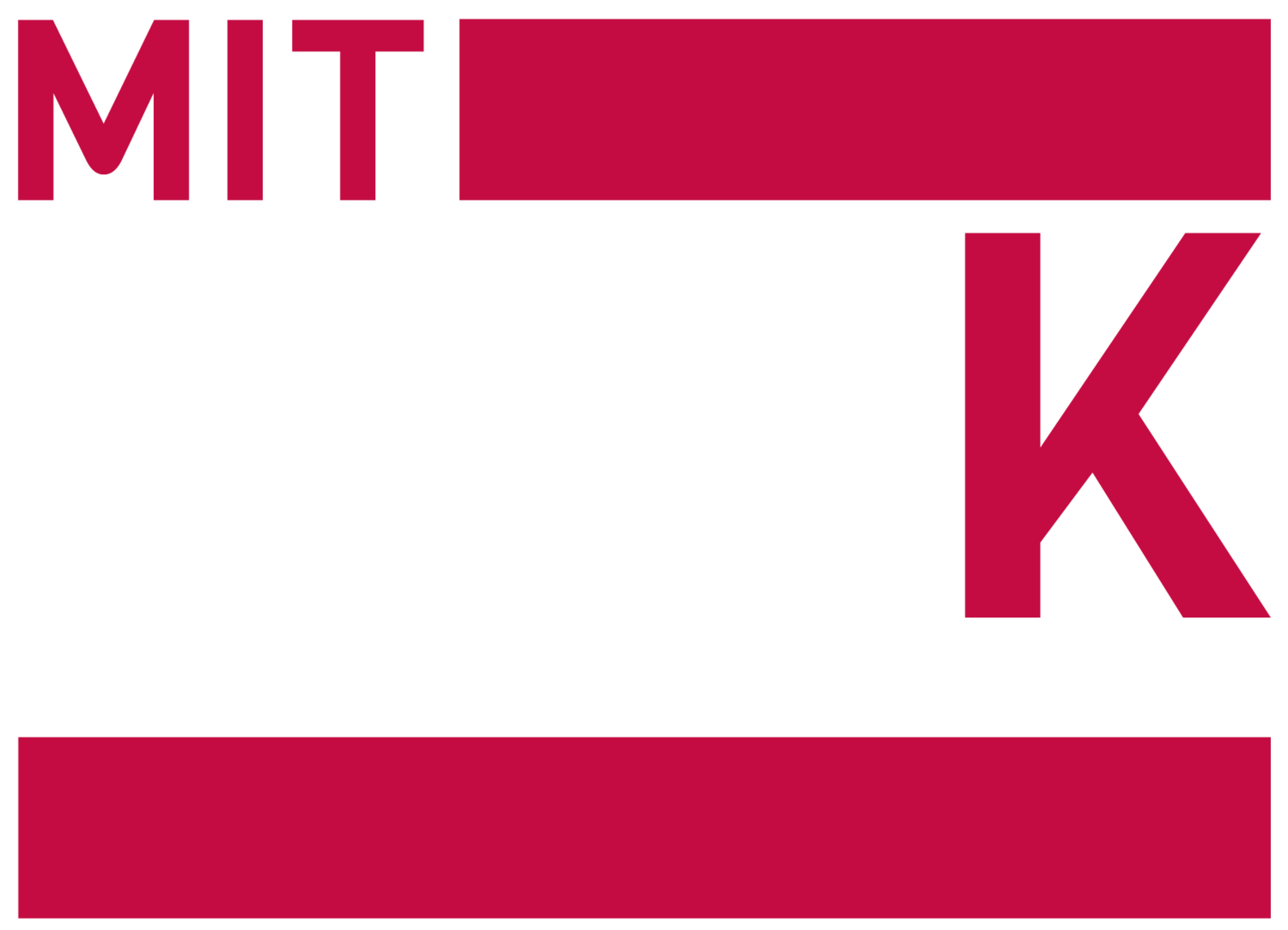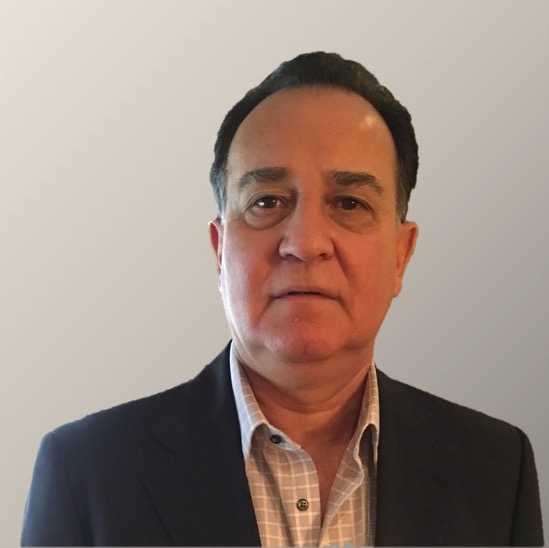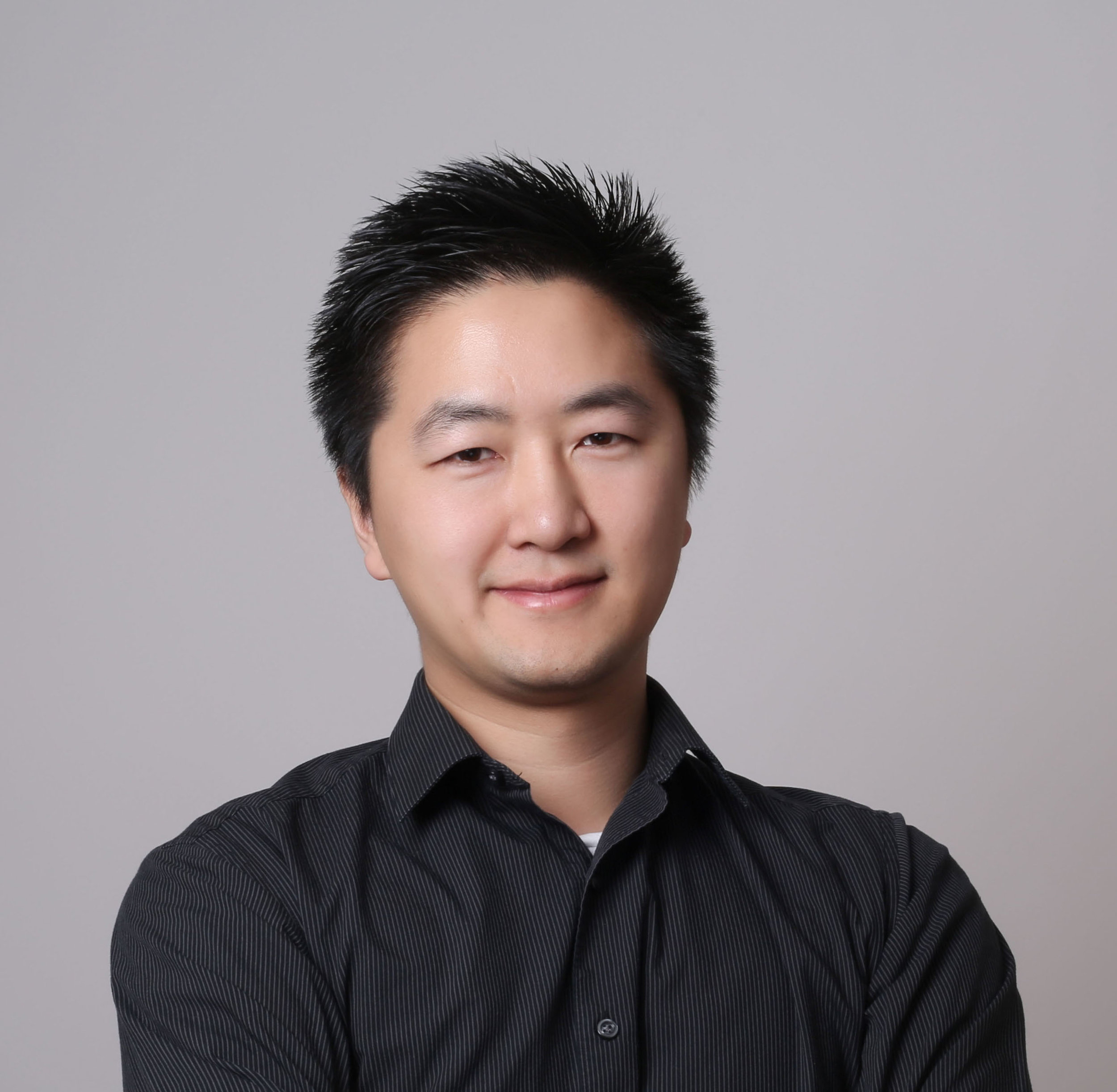Who's on your team?
You Wu, MIT PhD '18 in Mechanical Engineering, inventor of the robotic leak detection technology.
Daniel Gomez, MIT MBA '18, with five years of management consulting experience.
Jonathan Miller, MIT MS '18 in Integrated Design & Management, MBA, MassChallenge 2014 Gold Winner.
Pedro Ortiz, Business development partner in Mexico, President and Founder of MSD Consulting SC. in Monterrey, Mexico
What problem are you trying to solve?
Every day, more than 20% of all clean water produced around the world is leaked from the distribution pipes. We are in a mission to help water companies find and stop leaks.
What is your solution?
Our solution is a robot named Daisy. Robot Daisy can locate leaks with her innovative skirt sensor while she is traveling inside the water pipes. The most outstanding aspect of Daisy is that she can accurately locate leaks that are too small for current technology to detect. Thus we enable the water companies to do preventative maintenance, fixing the leaks before they grow into pipe bursts.
What inspired you to start your company?
PipeGuard is the outcome of a research project in Mechatronics Research Lab in MIT. Nine years ago, the research sponsor from Saudi Arabia told us that more than 33% of their expensive, desalinated water in the nation is leaked every day. Their pipes are plastic and none of the existing technology which were developed for metallic pipes could effectively detect leaks on plastic pipes. We started a journey to help them find leaks and save water. After nine years of research, we have finally taken the technology from zero to a field-validated stage, and thus PipeGuard is born.
What's been the most surprising aspect of this process?
We were constantly surprised by people telling us why water leaks is more than a loss of water. When small leaks grow into pipe bursts, they undermine or destroy roads and other infrastructure. People in wetland and wildlife preservation told us that leaks forced communities to draw more water from local bodies of water than they needed, and thus accelerated the decline of local wetland ecosystems. City officials in developing nations said that the poor often suffered the most from water shortage, and water leaks made it even more difficult to secure their access to clean water, a basic human right. Leaks could also contaminate the water in the pipes and threaten consumers’ health. Policy scholars informed us of how leaks killed opportunities for developing nations. Many cities in developing countries were turned away by talents, investors and companies because they did not have a supportive infrastructure such as a reliable water service. Consequently they lost global competitiveness, suffered from slower economic growth and less funding for infrastructure improvement. That was a downward spiral toward the worst.
What’s been the most valuable piece of advice you’ve received?
Get customers. That is the best advice we received. A technology is not going to be useful without constantly having users in the mind, and so is a company without customers. So far PipeGuard has pilot projects set up with real customers, municipal water companies in Mexico and China. Through engaging with the customers, we were able to evolve our offering from just a robot that could tell them how bad their water pipe system was, which stressed them out, to a hardware and big data solution that could help them figure out an actionable plan to repair their pipes. Thus we are going to make their job easier, and at the same time, find leaks and save water.
What are you most looking forward to for the Launch finals?
We are excited and thrilled to share our stories and our visions to the audience and public at the 100k Launch final. We wish to inspire more people to think about what they can do to contribute to solving the global water challenges.




